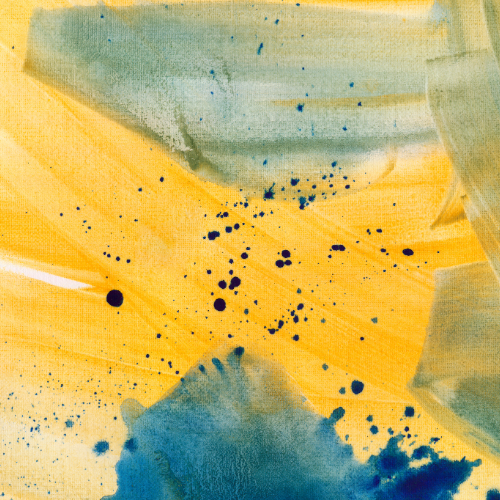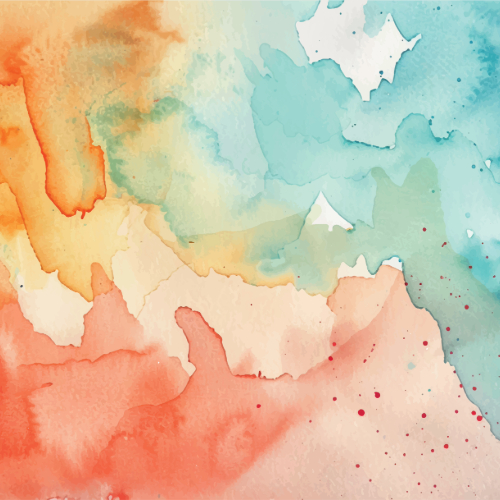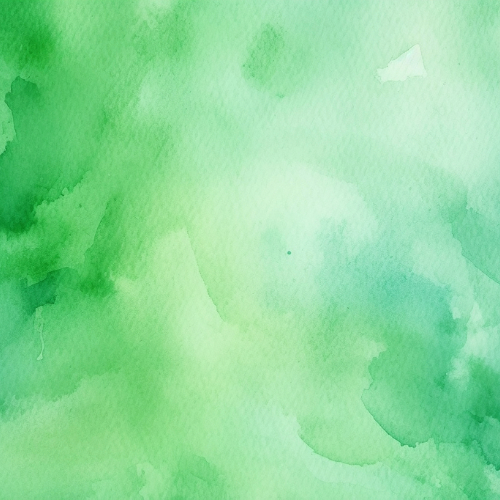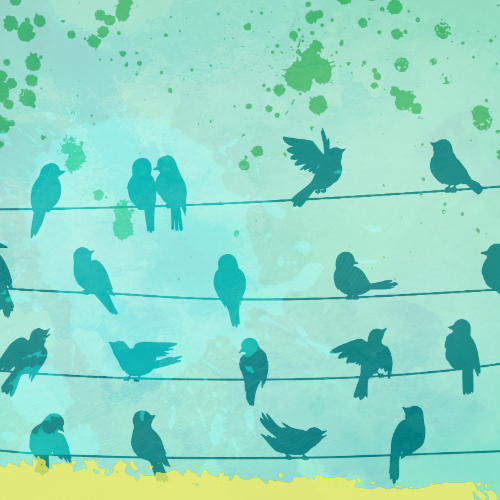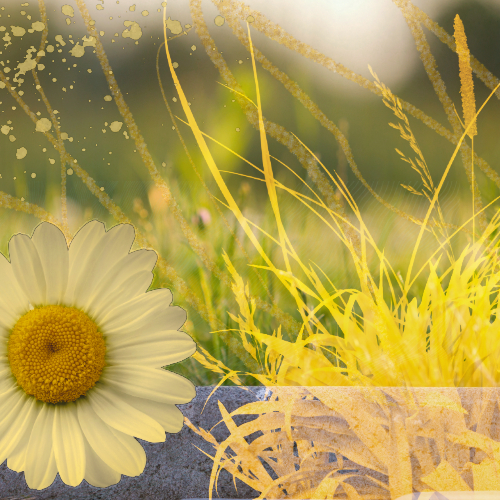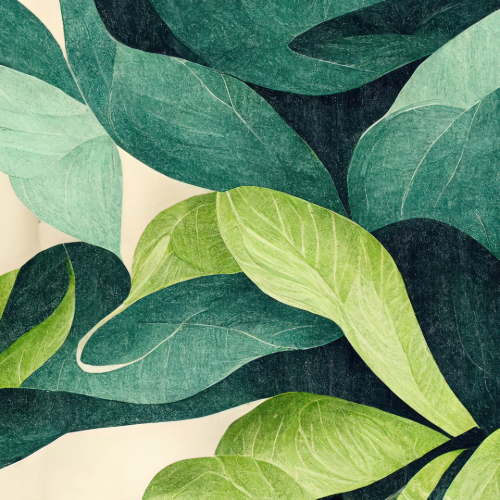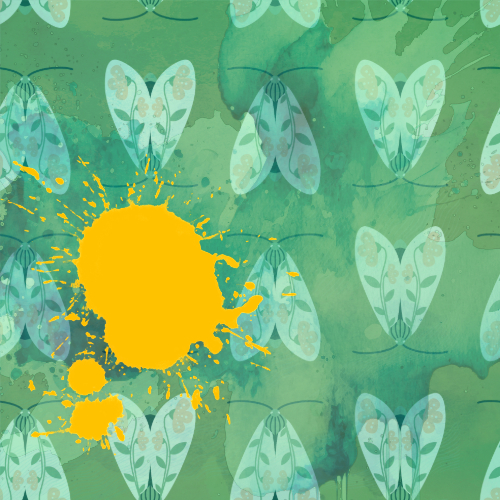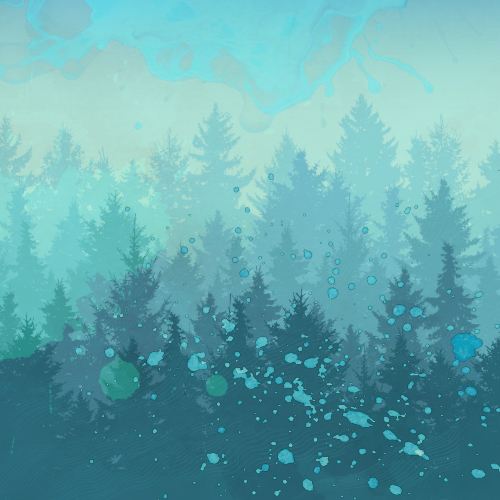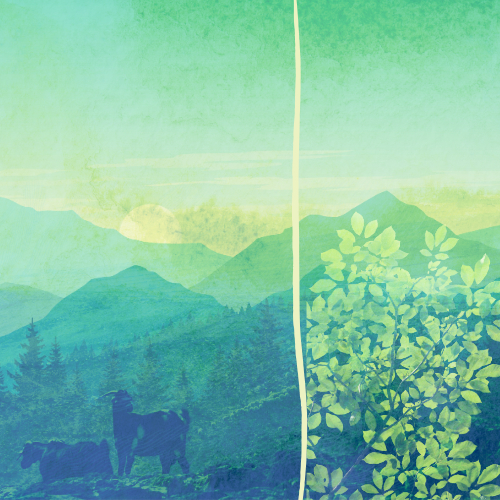Dylan Red Claw
Dylan Red Claw
Short Story
by Nell Carroll Turner
Ma says she’s coming all the way to the port with me but she leaves halfway. I see her carapace swimming backwards; her eyes locked on mine. My heart starts screaming. Maybe hers does too which is why she can’t come any further. We’ve been put into salty swim crates as we’re going on the great crawfish adventure to the UK. The British want North American signal crawfish with our big red claws in their posh swanky restaurants – with dill like the Swedish. Do they have dill in England?
They load us onto huge boats. I’m lucky to be in quite a chilled crate. Also, I’m not post-molt which some of the others are – one particular crate is a mangle of crawfish in a frenzy of cannibalism. There are so many screaming hearts but then the huge Atlantic waves take over and even the bullies are too sick to eat.
The great adventure isn’t really working out. We go from swimming joyfully in great running creeks to small ponds and tanks with Beatles songs piped through tubes – love love me do on repeat – to make us breed.
Things really aren’t going well. Turns out British folk don’t eat as much crawfish as the Scandinavians so the farmers are left with a ton of crawdads. Friends start being scooped up in buckets and taken away. One of my best mates, disappears in a scoop up which makes my heart start screaming again but a few nights later, he’s back. He’s walked over a mile to come and tell me that the farmers took them to the beautiful English rivers and streams and released them! And they’ve seen the natives! Lovely, beautiful, white-clawed crayfish. The rest of us are so excited that we start planning our great escape.
The ferns start to frenzy. At first, it’s not much: just a tickle whisp of fronds waving to the west in welcome. Beside ourselves with excitement, we strain to get a glimpse of what they can see, but our view is murk green and blocked by a boister of randy ransoms who are delighting in making wood anemones faint with their pungency.
I hardly feel the first ripple but smell the circles gurgle around me and then the water above is beating in time to strong footsteps and I can hear mother squealing at my sisters to go home quick and then the pulse train goes wild. The fern seeds are popping and firework up above the ransoms, unable to contain their excitement as the whole riverbank is suddenly frantic at the arrival of the great American crawfish. Oh sweet cicely!
And then I see him for the first time. He’s not puffing himself up like the others; he’s just standing there looking at me. He starts signalling to me from the riverbank and I gasp. Stunning red claws. I can’t help myself. Our swimmerets beat in greeting. I am utterly lost. Thrill bubbles shoot up my antennae. In that instant, I know that I would change my entire life to be with him. I shall call him Dylan.
Amidst all the manic clicking and flirting, all I can see is this adorable creature with her delicate fluttering antennae. When I see her raise her tiny claws and wave back at me, a hundred Beatles songs all make sense at once. My carapace shifts into another millenia as I see that her the pale rose of the bottom of her claws… WHACK. The yobs surround me, flanked by scaly male ferns – they’ve seen the way I was blushing. The bullies square up – claws threateningly open – warning me not to even think about doing it with one of THEM – the puny white clawed losers.
This is what’s been making the elders jittery for months: the escape of the signal crawfish. They’d heard about this other species being brought over here from the farmers’ sons who come and sit on the banks, on the pretence of fishing but who spend afternoons crushing bluebells and each other in their passion.
And then father hears the fishermen who are always moaning about bloody migrants coming over here saying that the bloody crawdads who came over here aren’t selling ‘cos we’re British not bloody Swedish and we don’t eat bloody poncy crayfish tails so the diversifying farming plan is buggered and so the bloody non-natives are being let out…
“What do you mean? Let. Out?” Mother says.
I’ll never forget her face; it was as white as her claws. Mother always looks like she’s wearing white gloves, well, whiteish, just a little off – like clotted cream late on a Sunday afternoon at the end of summer. Her face has stayed silent since, remembering another time…
The entry of the exotic engineers into the river is nothing short of triumphant. The escape from the farms has been great and now they are here, resplendent. Spines heckled and feisty, our elders lead an army of native crayfish who attack the invaders, the blow-ins, marking our land and boundary. The incomers retreat downstream and start burrowing into banks. The elders are seething; every other word is ‘them’.
I know my brothers go out on the rampage at night, travelling miles for new adventures and new blood and then return to ravage the riverbanks. I hate them for being so bullish. Each night, I lie quietly near the underground tree roots where my rosy-clawed love lives, waiting for her folk to go out for the night so I can swim off in the moonlight with her to find a hidden glen where we can stretch out some hours; our swimmerets singing until dawn. She sadly tells me of the arguments where her elders scream ‘them’ with hatred and are deaf when she tries to explain that it’s not our fault that we are here – humans brought us here in crates from our creeks. I sob and say sorry for the damage that my family are doing to her habitat but she is wild and says her elders and my brothers are all as ignorant as the fishermen. Together, we self soothe, with tummy floats that no-one can touch and smile.
I hear mother shrilling at my father at how they should have seen the danger signs. Red. Signal. But roses are red, and damselflys have beautiful red stomachs – and blood, life blood – the pumpy one – it’s red in some animals, isn’t it… even if our blood is blue?
And I hear my father sobbing and love throat bubbling about how he loves my mother and how he when he saw her for the first time his father said he wasn’t to go near… .
“You weren’t a different species,” mother screams.
Father gazes at my mother’s carapace swimming away – her spines taut with fury.
Mother’s off-white gloves are the last thing I see as my family leave. They bob but do not wave to me. Right at the end, she looks at me, and I can hear her heart screaming too. Our entire habitat has been almost destroyed by the signal crayfish and most of the white claws have taken the chance to move on while what remains of their homes can still float and before the plague brought over spreads. A pierce scream will live forever in my heart and my click will never be more than a whisper tick because of my decision not to go with them. Choice is not always ours. Father is the only one who comes to say goodbye. He too had once made a choice and abandoned his family for love: only he is able to understand.
I make the promise once more to her father. It had already been made when I first met his daughter. We all knew the cost of inter-breeding between species but the words he used could have split the hardest of carapaces. I had never heard such a pitch of clicking: heights of fury and depths of sadness make such discordance. I echoed his clicking: needing him to know how much I loved his daughter and how I would never pass the plague onto her.
So we – us two – have chosen love. And celibacy. We may be different species; but we are both as old as dinosaurs and we are in love. We’ll take whatever time we have. We don’t live with the other signal crayfish in the riverbank. We are put into a refuge that biosecurity builds for us: another consequence of our love. The nice lady from the environment agency whispers to us in moonlight. She reads from her favourite book: the wildlife and countryside act – she likes chapter nine.
Life changes; as does our habitat: our homes and rivers. I remember my mother telling us how she used to swim with toe tickling prawnettes. Their own parents spoke of the freshwater pearl mussels of their childhood; how tiny crayfish used to dance with dragnonflies, trying to spot the shine of a mussel catching a ride on young salmon; how kingfishers used to lie in wait and dive to claw up the mussels and rip them open to devour the mussel; how crayfish used to scour the river banks for fallen pearls. The shrill crys of joy of Margaritifera Margaritifera when they found a pearl.
The pearl mussels have long ago left even the freshest of waters, as have many of the white-clawed crayfish, their habitat torn away by the burrowing incomers, but also by humans with their pollution, their overfarming and chemicals. Great signal crawfish play a part in this change and it saddens me beyond clicks can express to have lost my family but I am in awe of this amazing red clawed love of mine, my Dylan, with his ability to adapt. The lovely lady who reads to us at night has a three-word job in the daytime where she tries to contain damage, protect and conserve the environment. She signs to fisherfolk, their rods and boots: check, clean, dry. We hear some of the mean fishermen, talking about ‘them’, coming here in their boats and I know it’s not just us – but sometimes we don’t have a choice. Sometimes we escape because we can’t take it anymore and sometimes we are brought here. Immigrants and the imported: all in the same boat of hatred; all ‘them’. And aren’t we all incomers on this planet? Aren’t we all invasive species? All we can do is try and protect our shared planet and sing Margaritifera Margaritifera when we find a pearl.
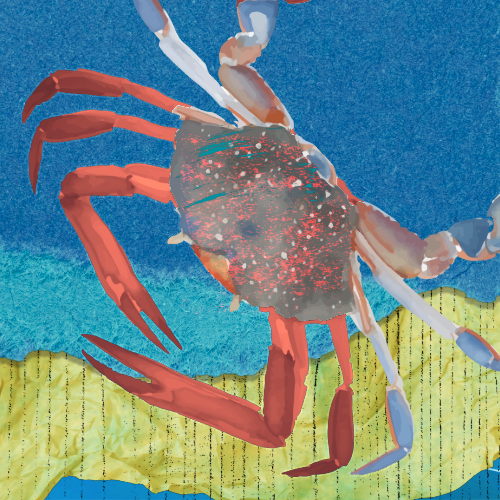
About the Author
Nell Carroll Turner is a writer and performer who lives in Cornwall. She enjoys playing with language and dialogue in her writing which is creative, poetic, absurd and often a bit wild. She particularly enjoys writing theatre scripts, short stories and spoken word poetry. Themes include diversity, belonging and nature. Nell loves collecting peoples’ stories, and writing tales based on fact but which swim wildly in the style of magic realism. She is currently Writer in Residence at Liskeard Library, in South East Cornwall. As well as writing original work, Nell also translates from French and enjoys the creativity of transposing French verse and poetry to make them accessible and relevant. She is currently translating an autobiography of a French writer and poet. Nell has over 25 years’ university teaching experience and holds an MA in Applied Linguistics and an MA in Literary Translation. She is passionate about teaching and loves running creative writing workshops. Nell’s stories and plays have been performed in various locations, including theatres, at the Edinburgh Fringe and in a Cattle Market. She recently wrote a selection of flash fiction as part of the ‘Stories of Stuff’ project lead by The Writers’ Block in Cornwall. Her latest play was shortlisted by the Royal Shakespeare Company as part of 37 Plays, a national playwriting project to commemorate the 400th anniversary of Shakespeare’s Folio.


